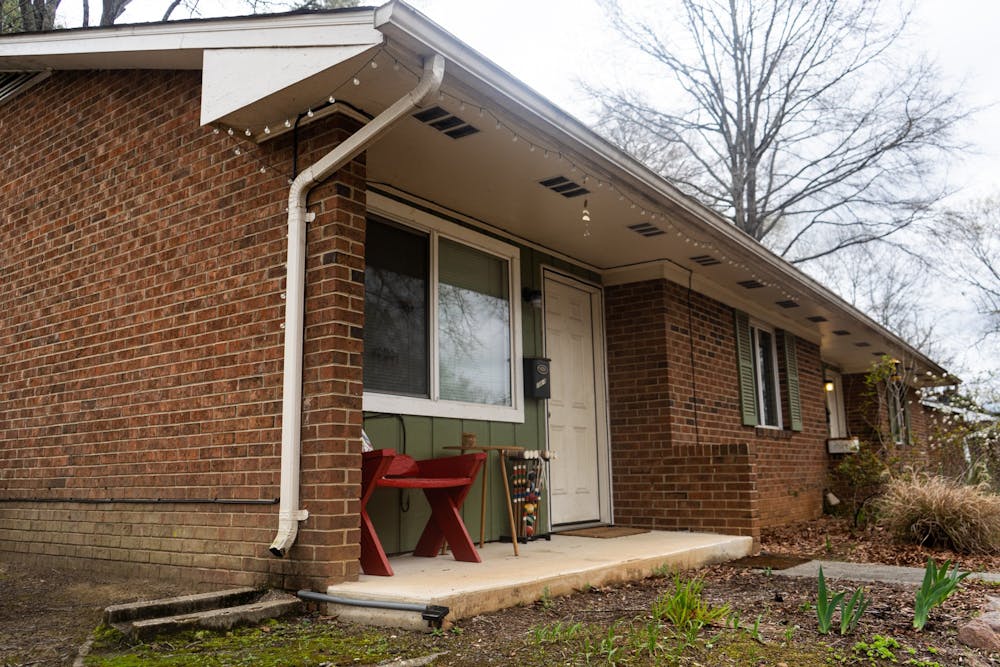Orange County relaunched its Longtime Homeowner Assistance program this month to help aid area homeowners struggling with property tax bills.
The initiative began as a pilot program last October in response to the 2021tax revaluation, which caused property tax to rise in certain areas. The pilot program ended with 91 successful applications and $16,364 granted in relief.
For this year's program, the county has received 115 applications within the last month, according to Alexus Battle, administrative assistant for Orange County's Housing & Community Development department.
To boost participation, the Orange County Board of County Commissioners approved several updates to the original program.
LHA will almost double the application time allowed in last year's pilot and will accept applications until Dec. 1.
Applications can be completed online or through a paper application, and staff are available to help through the application process by calling or emailing the Orange County Housing Helpline at (919) 245-2655 and HousingHelp@orangecountync.gov.
Paper applications can be dropped off at either of the Orange County Housing offices at 300 W. Tryon St. in Hillsborough or 2501 Homestead Rd. in Chapel Hil.
“Once a person has applied, we will let them know two to three weeks after their application date if they are eligible for the assistance,” Battle said.
While the pilot program only accepted applicants whose property tax had risen, the new program is eligible to anyone under certain income levels who have lived in their homes for more than five years. Previously, applicants had to live in their homes for at least 10 years to be eligible.



